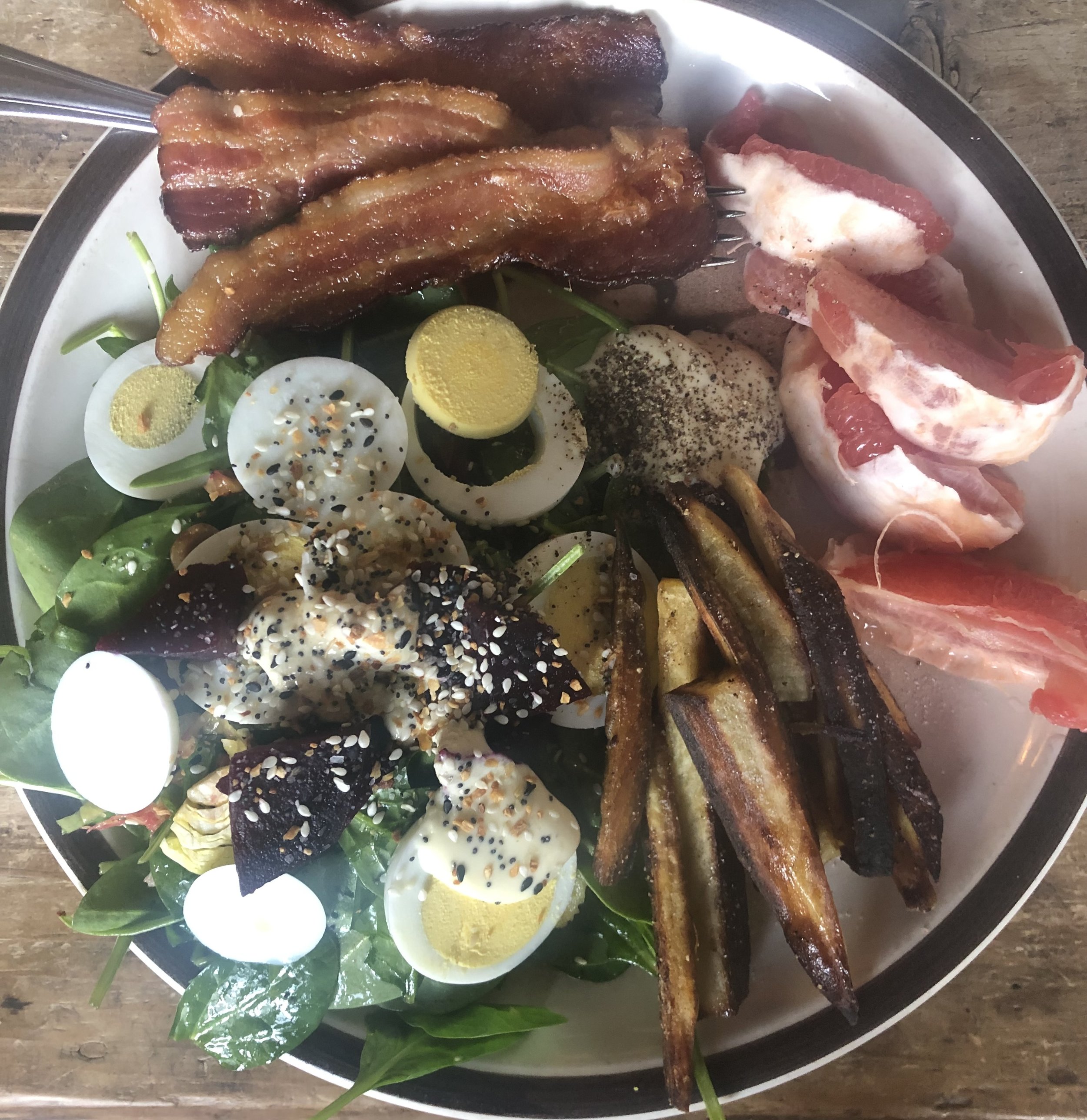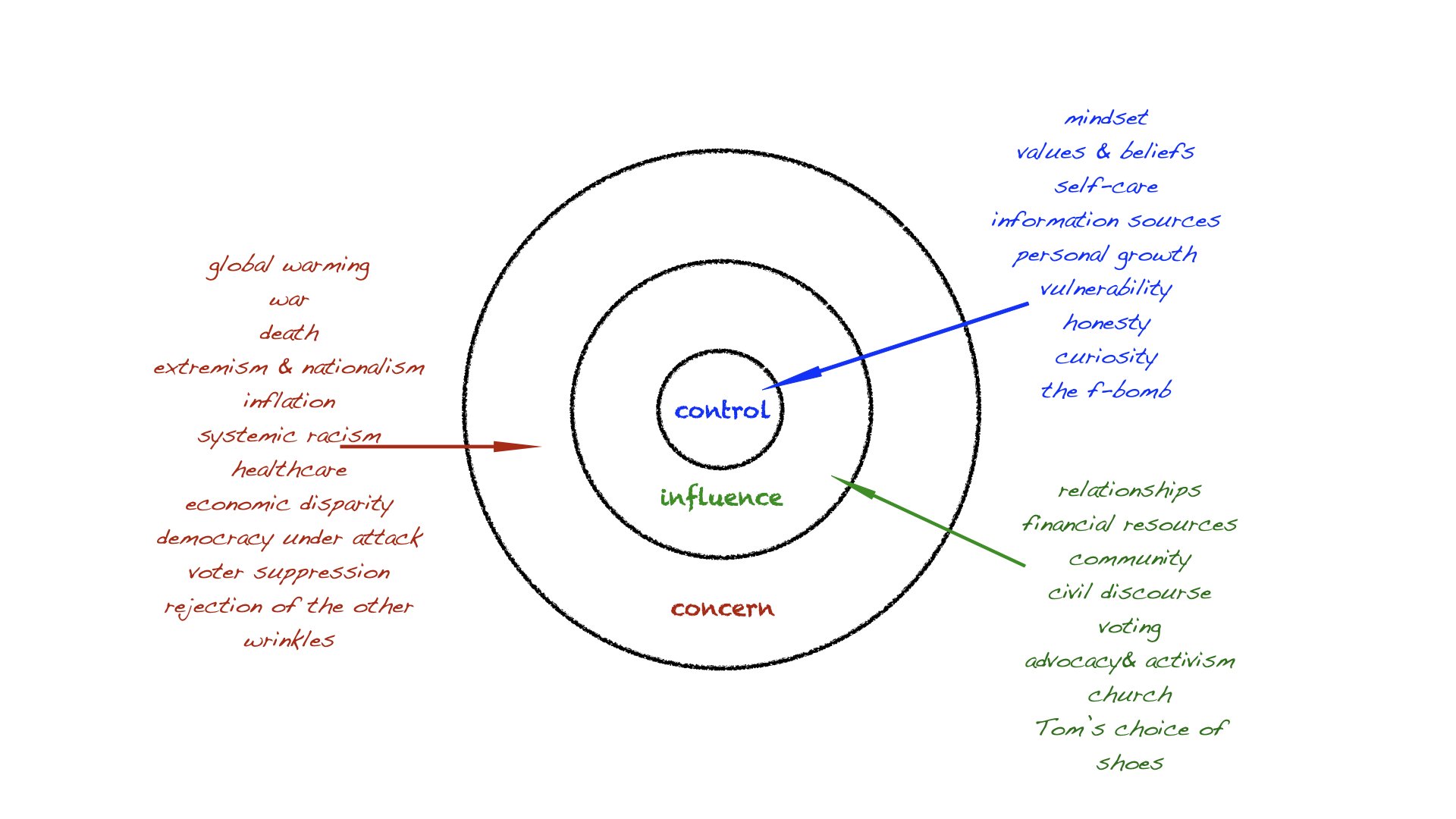It’s been a rough couple of years. People are talking about it, posting about it, writing, speaking, and ruminating about it. We may be beginning to emerge from the pandemic, but there is no getting back to the way things were. Those days are gone, which probably isn’t such a bad thing. It’s just that we’re not quite sure who we are anymore. It’s like we’ve been tossed out of the spin cycle without getting rinsed off. All of the residue from these last two years is still on us, and we don’t know what to do with it. So rather than taking the time to clean up our own acts, sometimes we take out our pent up frustrations and persistent fears on others. The chatbot who can’t seem to understand our question, the CS representative who finally answers the phone after we’ve been waiting on hold for two hours, the service provider who informs us that the supplies we need are on backorder, the driver who won’t move out of the fast lane, those holding differing political views than we do, and the person on the other end of the line who, through no fault of their own, cannot, as much as they would like to, give us the answer we want. And then of course, there are always those closer at hand, like, say, the people we love and maybe live with, that get in the line of our not-so-friendly fire.
At least I can, hypothetically of course, find myself in at least one of those scenarios. Can’t you?
But the more I think about it, this doesn’t seem like a new thing. It’s just that the last couple of years have put a finer point on a blunt fact. Whatever we don’t clean up in our own life spills out onto the lives of others. From complete strangers to those nearest and dearest, our unhealed wounds, old stories, undealt with stuff, and unhealthy patterns make their marks on the world around us.
At least I can, hypothetically of course, find myself in at least one of those scenarios. Can’t you?
Now, if we could be our best selves on own, we would. If we could heal our own wounds, we would. If we could write new stories, unravel the tangled webs of our past, or develop healthy patterns on our own, we would. I just know that I’ve never been able to do it without help. I’ve needed the support of trained professionals, as well as those trusted few who allow me to show up as my messiest, messed up self, and who love me enough to listen, and listen, and listen some more. And then to tell me the truth, no matter how inconvenient.
It’s a lifelong process, this becoming our best self. The sooner we begin the better, and, it’s never too late to start. Imagine being able to chuckle at our “conversation” with the chatbot, be grateful when our call is finally the next in line, recognize that getting supply and demand back on track will take awhile, take a deep breath and go around the slow car in the fast lane, become curious rather than critical about the political views of others, understand that the person who can’t give us the answer we want probably wishes that they could, and, treat the people we love and live with from the very best of ourselves.
At least I can, hypothetically of course, imagine myself in at least one of those scenarios. Can’t you?










